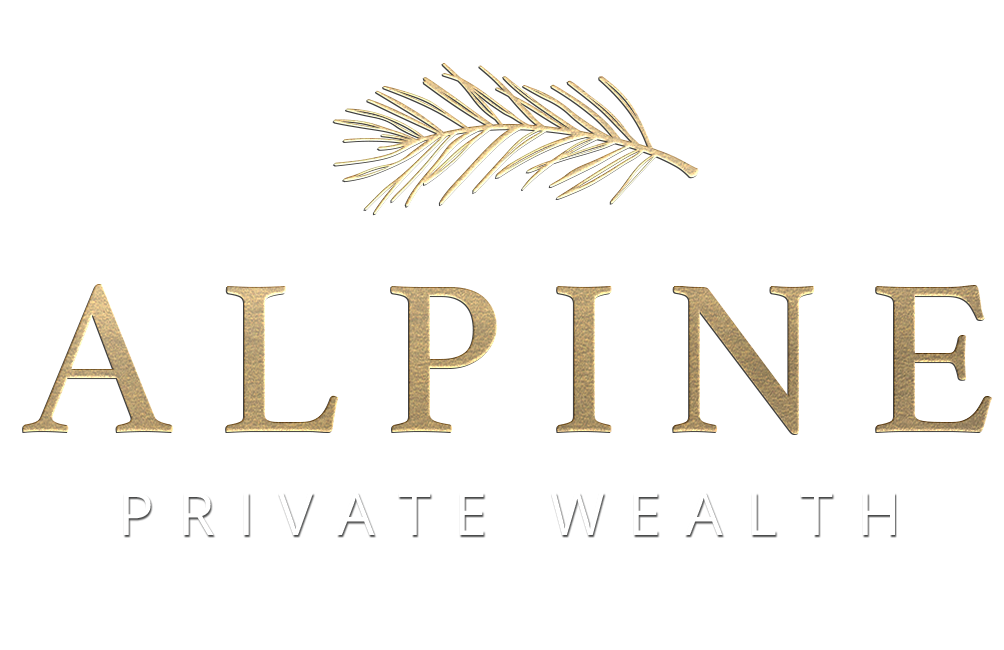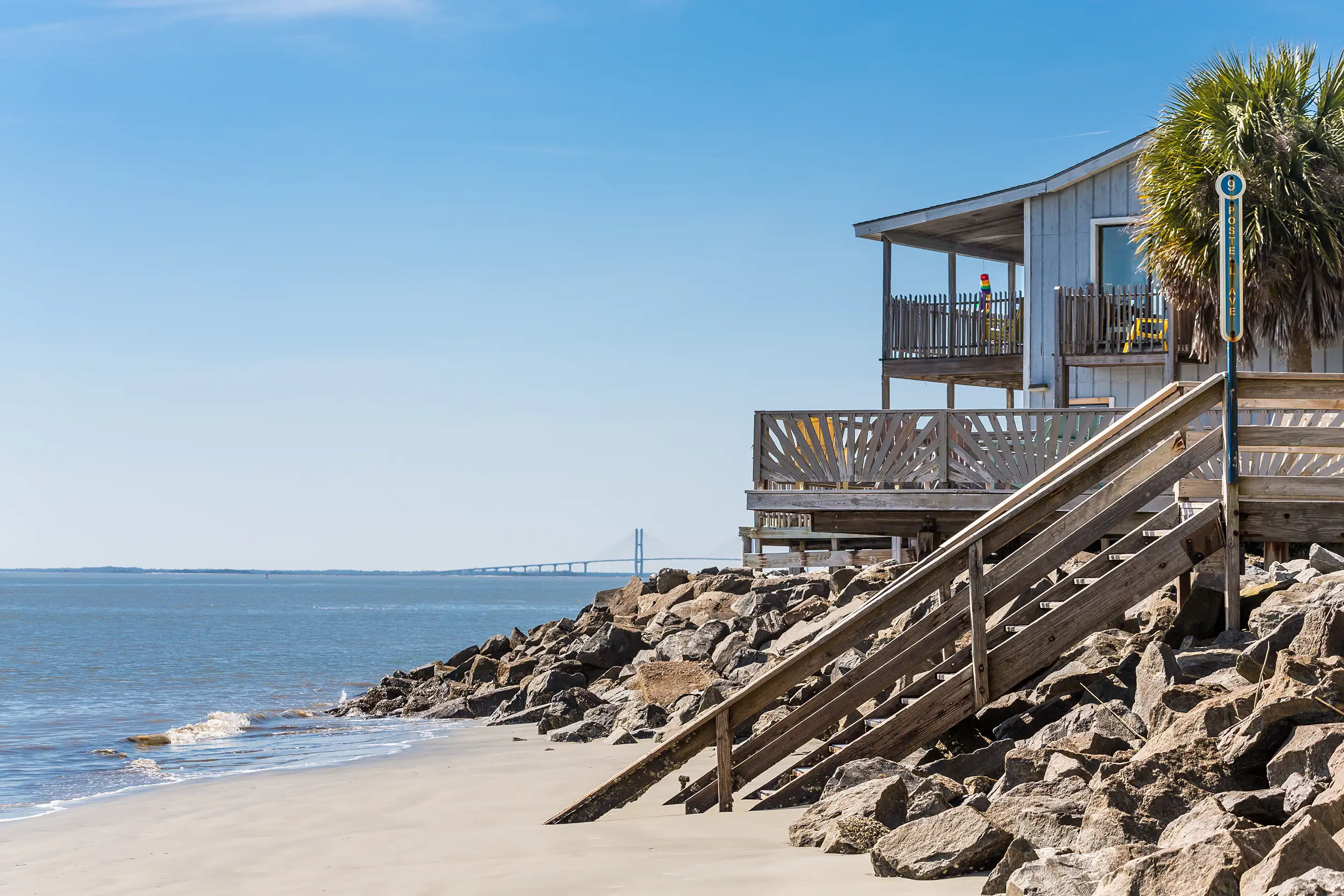Key Takeaways
- In addition to the significant upfront investment, consider the ongoing costs of maintaining a vacation property, including taxes, utilities, insurance, and more.
- Renting a vacation home can offer many of the same benefits as buying without the potential headaches that come with ownership.
- Before investing in a property, weigh the options and determine how you want to enjoy your vacation spot.
- Asking the right questions and comparing the pros and cons of each option will help you find the best match for your budget, lifestyle, and preferences.
Purchasing a vacation home in a desirable location with breathtaking views, peace, island life, or exciting outdoor activities is an enticing prospect. After all, who wouldn’t want a beautiful escape, ready to welcome you whenever the mood strikes? However, owning a vacation home is not for everyone. Many of our clients seek our advice on whether to rent or buy a vacation home, and the reality is that it depends on many factors.
Before making any decisions, it’s essential to consider the ongoing costs and commitment to owning a vacation property, expected frequency of use, rental options, and more. This blog details the pros and cons of renting versus purchasing a vacation home.
Considerations for Buying a Vacation Home
There are obvious benefits to owning a vacation home, and for many, it’s a dream come true. Before you take the plunge, here are some things that you might have yet to fully consider about purchasing that can give you an informed perspective of what is involved.
The Cost
The cost of buying a luxury vacation property in a sought-after area can quickly soar into the millions of dollars. This substantial upfront investment may not be a concern for some, but it’s crucial to consider the ongoing expenses that come with ownership. Spread over many years, the owner could pay off a portion of the mortgage by using rental income; however, you must also pay taxes, insurance, possible HOA fees, and utilities. These costs can quickly add up, creating a significant drain on your cash flow, and expenses may persist even when the property is unoccupied, which may be for most of the year.
In addition, financing for a vacation home which will also be utilized as a rental property includes more stringent mortgage requirements. Vacation home mortgages usually require higher credit scores and larger down payments. You should consider these alongside the higher mortgage interest rates of a second property purchase.
Property Management and Maintenance
Like your primary residence, your vacation home needs care and maintenance. This may include landscaping, roof repairs, heating and cooling systems, painting, and more. Will you handle it yourself or hire a property manager or property management company to handle these details? A second set of furnishings and appliances will also need to be kept in working order, replaced, or changed over time.
Rules and Regulations
Depending on where you decide to buy, you should consider local laws and regulations. These laws and regulations might be challenging to discover and fully understand, especially if the property is in a foreign country. Do your homework and carefully study these before you purchase a property. Also, depending on the type of property you buy, you will want to familiarize yourself with any HOA rules thoroughly. These rules can, for example, impact how often you may rent out your property and have legal implications if you ignore them.
Fewer Vacations Over Time
Going on vacation to the same place can eventually lose its allure. In some cases, vacation homeowners use their property less as time passes. Additionally, for those buying vacation homes for the entire family (e.g. children and grandchildren), consider that the family may outgrow the vacation home over time and family members may eventually wish to seek out other vacation venues. Overall, the property may be used less frequently over time, becoming more of a burden than a joy.
Inconsistent Rental Income
If you are considering renting your property, the destination and time of the year can affect your ability to generate a steady income. Rental desirability can be highly seasonal, which means limited rental income in off-season months. Moreover, during high season, you and your family will want to use the property, further restricting rental opportunities. Considering the economic consequences of vacation homes in seasonal areas is important. This is especially true where consistent rental income is an necessary aspect of your decision to buy.
The Advantages of Renting a Vacation Home or Booking an Extended Hotel Stay
An attractive alternative to buying a vacation home is renting a similar luxury property when desired. High-end vacation rentals and extended hotel stays offer many of the same benefits as owning, without the long-term time and financial commitments. You benefit from the flexibility of experiencing different locations and amenities without being tied to a single property. Below are some other advantages to consider.
Very Little Responsibility
Renters are only responsible for ensuring that they leave the home or hotel suite the same way they found it at the end of the vacation. None of the property maintenance or utilities are your concern when renting, which means that you can enjoy your holiday and return the keys at the end of your vacation with no worries about preparing the property for incoming family, guests, or rentals, or the expense of paying a management entity to do so.
Variety
You can rent a different home or hotel suite everywhere you go. Compared to purchasing, you will not feel obligated to visit the same place over and over again. Instead, you can change locations each time you go on vacation and rent different kinds of vacation homes and hotel suites with varying property features. This is especially relevant if you anticipate taking vacations that, at times, will include multiple family members, and at other times, will be more intimate vacations for just you and your significant other. One vacation may call for a large chalet, while the next may require just a one-bedroom condominium.
Affordability
Renting a vacation home can be an affordable and effective way to experience different locations. You avoid the ongoing and sometimes unexpected costs associated with ownership. Instead, you’ll only pay for the time you spend at the property, which can be a more efficient use of your financial resources. An additional benefit is that without having made a sizeable financial commitment to owning a vacation property, you will be able to afford more luxurious accommodations and stay in otherwise expensive areas.
Property Amenities
Buying a vacation home, especially a single-family vacation home, typically comes with limited amenities. By comparison, staying at a luxury resort offers on-site dining, bars, larger pools, expanded fitness facilities, spas, and other attractive amenities. These additional amenities can significantly enhance the leisure travel experience and would be costly to build and maintain in a single, purchased vacation property.
How to Decide
Ultimately, choosing between owning a luxury vacation home and renting a similar property comes down to personal preferences and financial priorities. It’s imperative to carefully weigh each option’s cost and benefits and consider how they align with your lifestyle and long-term financial goals.
Take a step back and define what truly matters to you. Ask yourself how much time you realistically plan to spend at the property. Will it be a few months each year, or even less? Consider the opportunity cost of tying up a portion of your wealth in a single asset that may not be used frequently and offers lower returns than your other investments.
And be honest with yourself. Is this potential purchase more about ego or truly about enjoying your vacation time? Some purchasers of expensive properties find that the allure and excitement wear off much more quickly after experiencing the adulation of guests from the initial spate of parties and family gatherings introducing the new home.
Before making a decision, it’s a good idea to consult with your financial advisor. They can provide valuable insights and help you assess the potential impact of a vacation home purchase on your overall financial picture.
Remember, your wealth provides you with the freedom to make choices that best suit your needs and desires. By carefully considering your options and making informed decisions, you can ensure that your financial resources continue to work in your favor, allowing you to enjoy the lifestyle you’ve worked so hard to achieve.


